Strategic Plan
The Robert H. Smith School of Business at the University of Maryland brings together exceptional students, scholar-teachers and practitioners to create knowledge, promote an inclusive learning environment that fosters intellectual discovery, and equip current and future leaders with the tools necessary to assess complex problems and deliver innovative solutions. With deep connections to the business, government, nonprofit and professional networks of the Washington, D.C., metroplex, the school is uniquely positioned to influence current and future business leaders, policymakers, and change agents.
In 2021, the Smith School began a comprehensive strategic planning process to continue our pursuit of academic excellence and to address the changing marketplace. We are at an inflection point, a crossroad in defining the future of business education.
Before us is an opportunity to shape and define this future, for our students, our communities, and the world. The market for business education is in a state of flux. There are six major trends in business education:
There is weakening demand for MBA programs. Applications to the top 10 programs fell in the two years before the pandemic (2018 and 2019). New forms of online and blended learning programs – growing before, but exacerbated by, the pandemic – are already impacting the market. Locally, we face increasing competition from schools both within and outside the DMV.
Specialty Master’s programs are currently growing primarily driven by foreign students that are subject to geopolitical challenges and changing demand patterns. As with MBA programs, we are seeing market rapid expansion in various online and hybrid formats, with associated price pressure.
Continuing education (e.g., executive education) is seeing healthy growth across premier business schools. More generally, there is an increasing demand for affordable business credentials. There remains uncertainty as to the ideal mix of traditional small, in-person programs vs. larger, MOOC-like online/hybrid offerings.
The demand for undergraduate business education remains high. Demand for undergraduate business programs continues to grow among Big 10 schools.
Irrespective of discipline, the marketability of any major is enhanced by a business minor.
Promoting business research that is relevant and impactful to broader society and making them easily accessible for practice.
The Strategic Plan describes exciting new initiatives designed to address these challenges and opportunities and pave the way for the school’s long-term success and well-being. I thank everyone who has contributed to this Roadmap for their engagement and investment in the Smith School, and I encourage you to continue to engage with us on this journey to a bright future.

Prabhudev Konana became Dean of the Robert H. Smith School of Business on January 2, 2021. In this role, he leads the school in its mission to promote research excellence, sustainable innovative programs, and an inclusive learning environment that fosters intellectual discovery, and equips current and future leaders to assess complex problems and deliver innovative solutions.
The Smith Experience

Unique Learning
Opportunities
30
years of QUEST, our celebrated interdisciplinary program for students majoring in business, science and engineering, offering experiential learning projects sponsored by industry partners
109
students in the inaugural Smith Business Leadership Fellows program, offering exceptional students access to industry executives through discussions, lectures and internship and networking opportunities

Faculty With Impact
And Influence
 Michael Fu
Michael Fu
Improving the kidney donor recipient matching process
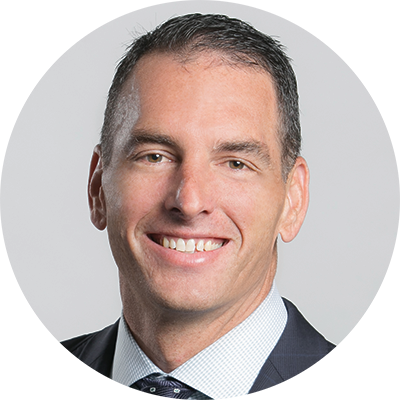 Michael Faulkender
Michael Faulkender
Offering expert testimony to Congress on inflation
 Rajshree Agarwal
Rajshree Agarwal
Providing insights for strategy and innovation in her Forbes column
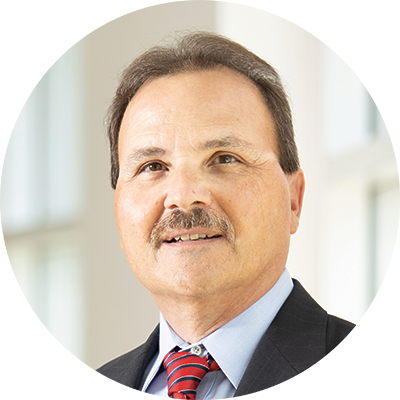 Cliff Rossi
Cliff Rossi
Analyzing climate-driven flood risk

Springboarding
New Ventures
15
student ventures launched
9
Ladies First founders

Outpacing
The S&P 500
$7M
in the MBA student-run Mayer Fund
$1.5M
in the undergrad student-run Senbet Fund
$530,000
in the MS student-run Global Equity Fund

World-recognized
Thought Leadership
14
current faculty members in the top 2% of most cited scholars
19
Distinguished
Scholar-Teachers
Our Purpose
Smith’s strategic plan will align our community around a common purpose:
The Smith School is committed to the generation and dissemination of new and impactful knowledge, and to providing a transformational, integrated, interdisciplinary experience that unleashes student creativity to challenge the status quo, builds student’s ability to think critically and independently, and empowers them to drive a prosperous future for the benefit of all. We will engage our entire community – faculty, staff, students, alumni, corporate partners, and school friends – to accomplish this purpose.
Smith Guiding Principles
In addition to the University’s guiding principles, at the Smith School, we will carry out our mission and strategic plan in accordance with these guiding principles.
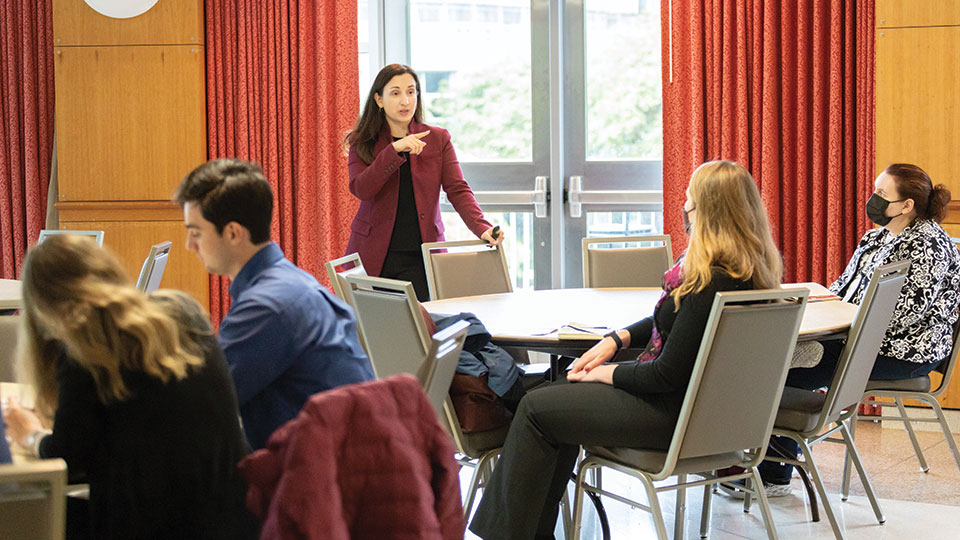
The school will collaborate with other schools at the university in creating programs and pursuing research streams that are integrated rather than siloed, allowing for fuller learning, greater cross-pollination of ideas and broader societal impact.
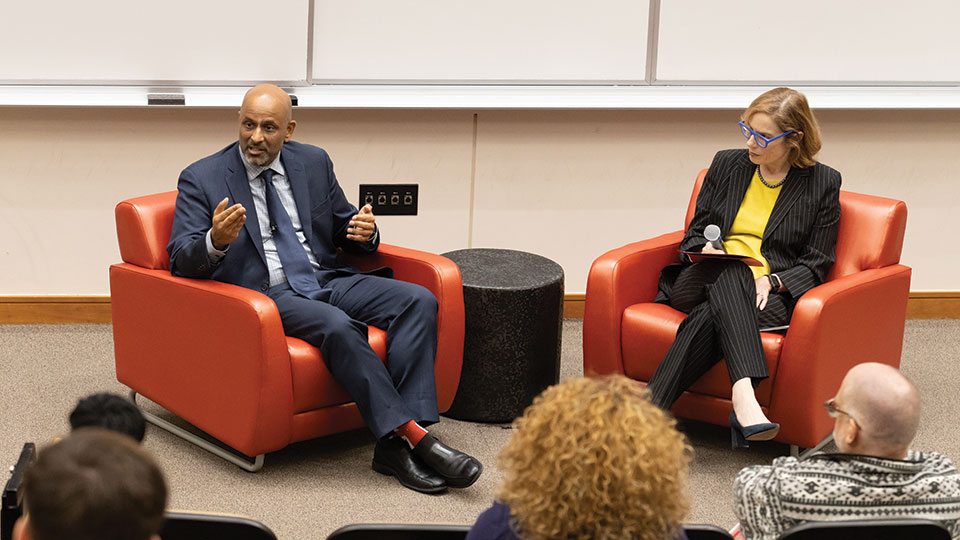
The school will provide opportunities for open, evidence based learning and conversations that allow students, faculty and staff to grapple with society’s most pressing issues in ways that are authentic, rigorous, challenging, civil and productive.
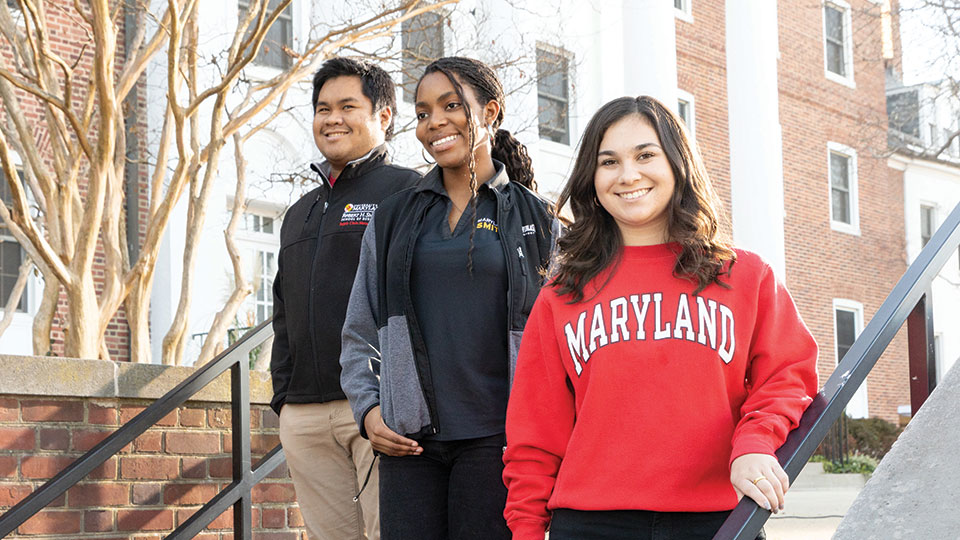
No matter what a student’s major is, a knowledge of business principles and practice makes a student more productive and marketable in the workplace. As part of the UMD campus, we have the opportunity and responsibility to deliver accessible business education to all students.
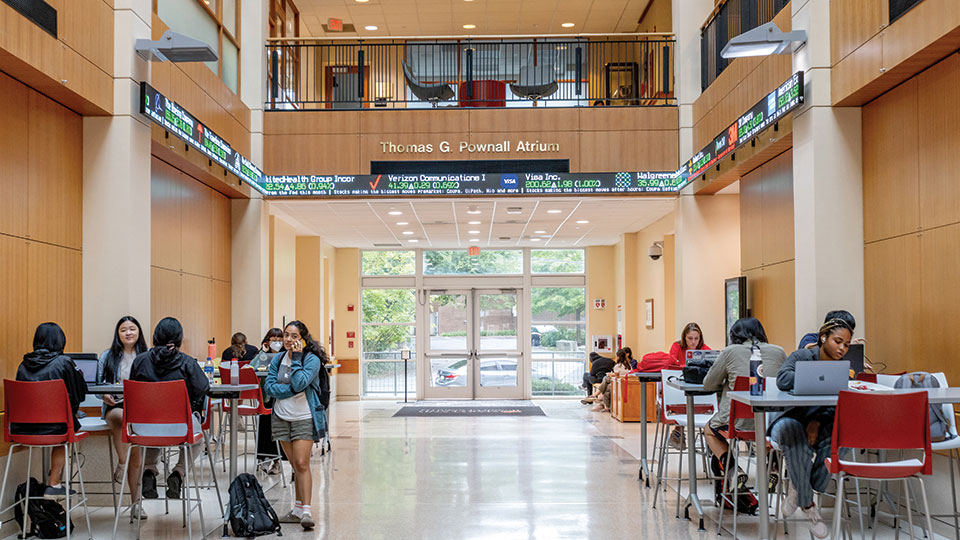
The school will be an intellectual hub for those defining the future of work and preparing students to engage successfully with all aspects of new business practices, technology and issues.
Reimagining Learning, Curricula and Programs
Companies need people who can think on their feet when plans change, who can work well with all types of people, and who can think critically and innovate. The Smith School must work alongside corporate partners & distinguished alumni to reimagine learning at all levels, incorporating technology- intensive classrooms, active and experiential learning, and modeling and practicing civil and productive discourse around challenging subjects.
Likewise, the school must be responsive to the growing needs, demands and desires of the market. There has been a structural change in the market, with an expanding demand for hybrid learning; post-pandemic, people want to attend classes at their convenience, in the location that suits them best. There is a growing market for continuing education from both private and public sectors. Being close to D.C., there is a substantial market for Federal and Fortune 500 company continuing education.
A modernized curriculum will expose students to current, pressing issues and leverage the newest technology to improve learning outcomes. Opportunities for integrated and interdisciplinary learning will provide students with the ability to address the complex, multi-faceted issues they will encounter in the modern business environment.
Goals:
- Modernize all Smith curricula to address the changing business landscape, employer needs and market preferences. Create truly differentiated learning experiences in all programs that leverage new pedagogy, formats and channels and explore hot topics and grand challenges.
- Create interdisciplinary learning opportunities. The world’s biggest problems have never been solved within a single, strictly-defined discipline. Climate change and societal inequities are examples of challenges impacting people around the world that require integrated, multi-faceted solutions. Organizations struggle with inherently complex questions around issues such as the adoption and deployment of new technologies, the blurring of traditional functional boundaries and the increasing impact of automated, algorithmic processes on individuals.
- Expand experiential learning opportunities that are interactive, collaborative and inclusive. This will require investments in both the sourcing of such opportunities and the management of the delivery itself.
- Innovate the design and delivery of courses by leveraging novel pedagogical techniques and technologies. We will foster, support and reward experimentation and research in new technology and pedagogical approaches.
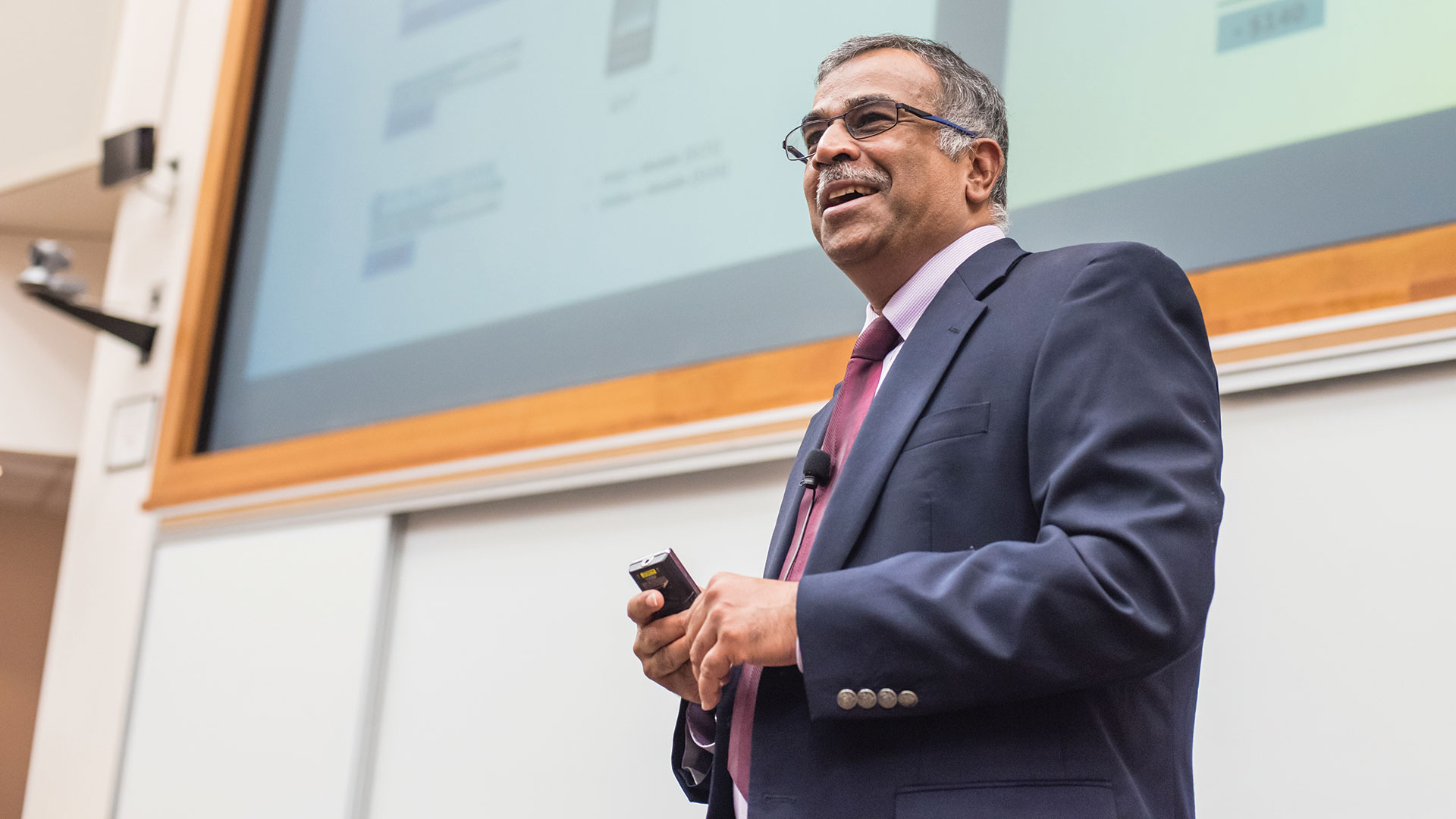
strategy.
Addressing Grand Challenges
The grand challenges of our time comprise societal, political, technological, ethical and scientific issues that require the application of inspired minds to create solutions that bring benefit to all.
Maryland Smith will fulfill its mission to create new knowledge by supporting and advancing the work of its extraordinary research faculty, and disseminate that knowledge to the world through education and awareness efforts.
Goals:
- Increase cross-disciplinary and cross-department research on existing and emerging grand challenges. Support and incentivize departments to pursue targeted work on important topics such as entrepreneurship, ethics, fintech, responsible AI, sustainability, climate change, ESG, equitable growth opportunities, and more.
- Accelerate the pace of adoption and awareness of researchdriven solutions with the potential to impact policy and practice. In particular, increasing the school’s portfolio of Executive Education offerings will bring solutions-oriented expertise to practitioners and policymakers in areas that are aligned with Smith’s research strategy.
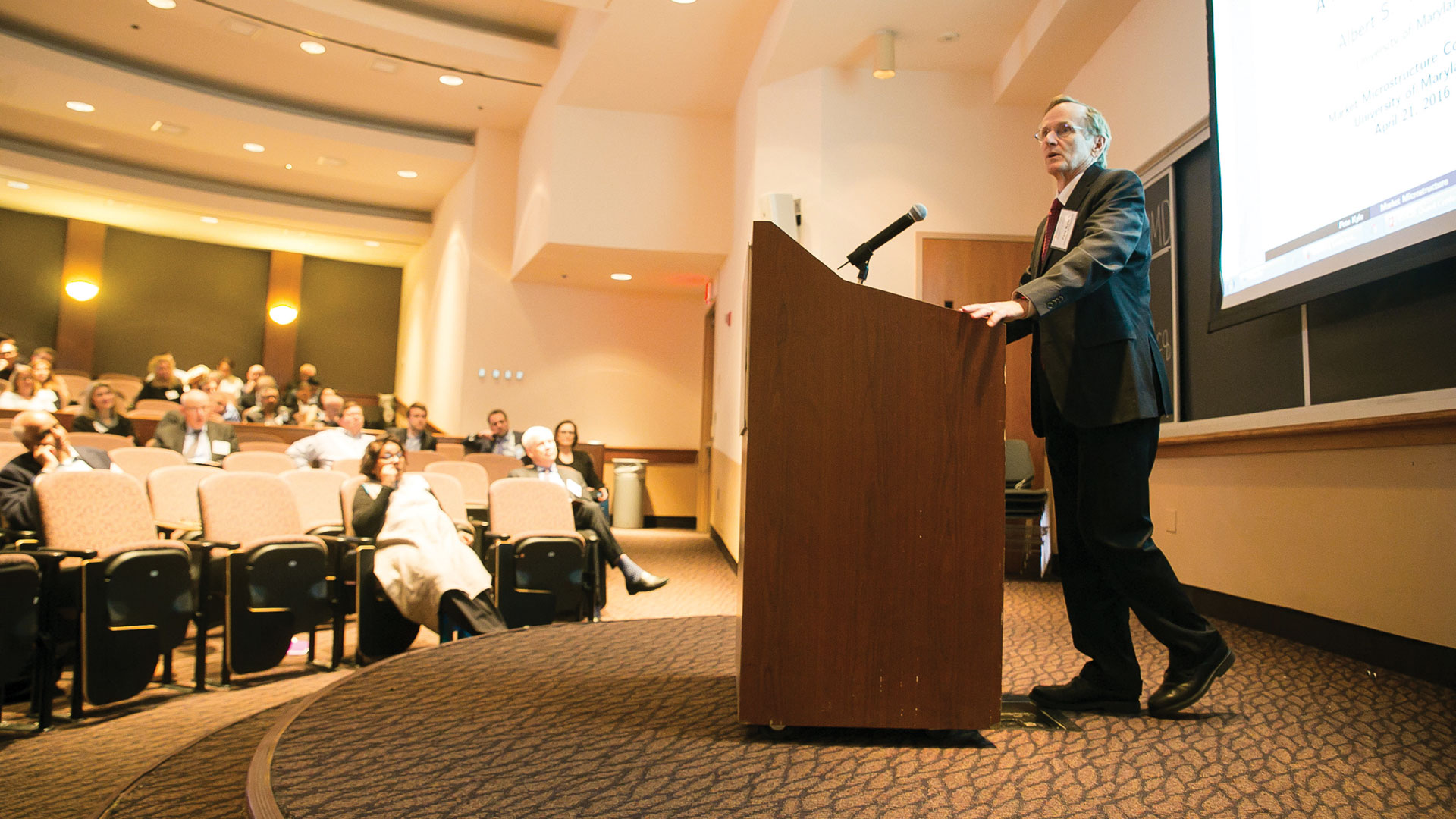
Investing in People and Communities
At the Smith School, we believe business done right and well is a benefit to society. Done right, business is conducted by ethical, trustworthy people who provide products and services of value to others. Done well, business creates quality jobs and wealth for a wide spectrum of people, increasing security and well-being.
The Smith School will expand opportunities for people to engage with the School and derive the benefits of business education. The school itself will do both right and well in its business and administrative functions, creating an environment in which students, faculty and staff can thrive.
Goals:
- Proactively broaden access to business education within and beyond the University of Maryland community. Regardless of a student’s career goals, we believe knowledge of fundamental business concepts will be attainable and valuable. We will also provide support for the Dingman Inclusive Entrepreneurship Initiative which seeks to empower through business ownership a broader and more-representative proportion of the local community.
- Foster a vibrant, open and constructive learning environment. Develop opportunities that will allow the campus community to hear varied and informed perspectives on critical issues.
- Attract, support, develop and celebrate a capable, engaged and diverse student body and workforce. Support historically underserved students, develop programs to create a culture of innovation and personal growth and initiate regular measures to evaluate program effectiveness.
- Expand, deepen and strengthen the school’s transition to an externally oriented organization. Grow Advisory councils and the Board of Advisors, drawing on their expertise to provide strategic guidance, source experiential learning opportunities, provide access to internships and jobs, expand executive education and fundraising, and strengthen alumni relations.
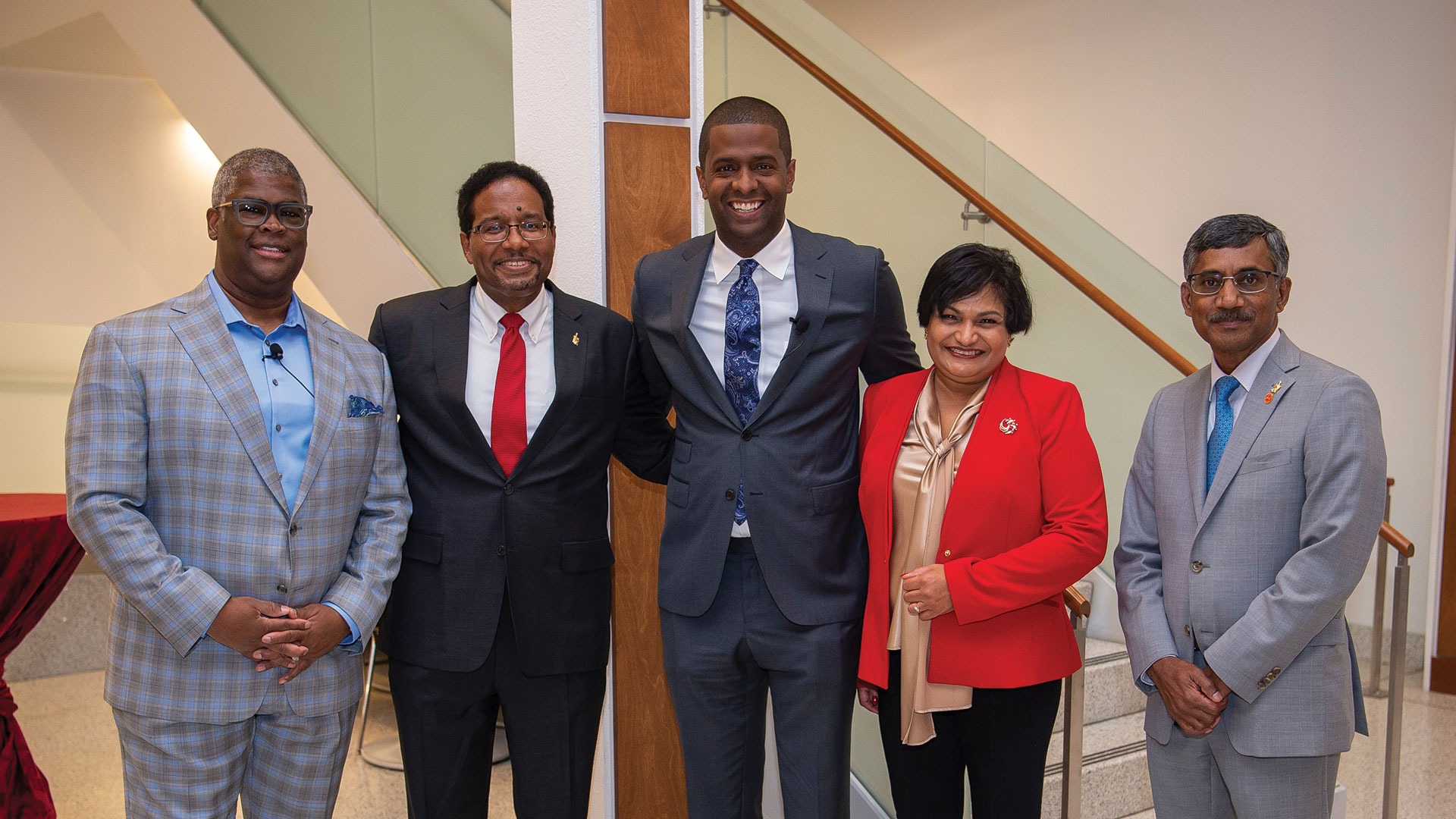
Build a Solid Foundation for Financial and Operational Health
The future success of the Smith school critically depends on a sound and stable financial foundation. We work towards a future where enrollments and reputation increase together, driven by innovative new programming coupled with sensible fiscal discipline.
Goals:
- Grow the undergraduate program to 4,000 students in steady state to meet the increasing demand.
- Grow an endowment to attract and retain extraordinary students and faculty through greater engagement, cultivation, solicitation and stewardship.
- Diversify revenue streams to reduce risk.


Blockchain Accelerator
The Supply Chain Management Center and the Dingman Center for Entrepreneurship at the University of Maryland’s Robert H. Smith School of Business are teaming up to create the Smith Blockchain Accelerator.
The initiative – a 45-day virtual program – sits at the intersection of venture capital and blockchain and aims to assist early-stage companies that are building apps leveraging blockchain technology with content and mentorship.
New Undergraduate Initiatives
- Interdisciplinary Business Honors Program
- Smith Business Leadership Fellows
- Multidisciplinary FinTech Minor and Major
- Interdisciplinary Sports Management and Analytics Minor
- Interdisciplinary Blockchain Minor
- Climate Finance Minor
- Expanding Finance and Analytics programs in Shady Grove
- Pipeline from Montgomery College to Shady Grove
- Online Business Minor
- Financial Literacy and Well-being Class
- Private Equity Academy
- New Investment Funds [fixed income]
SMITH FACT:
More than 300 senior leaders, mostly alums, are engaged in various programs through Smith Advisory Councils.
Emerging Interdisciplinary Research Areas
- Climate Finance Risk Modeling
- Responsible AI in Business
- Inclusive Growth and Access
- Impact of ESG and Sustainability on Supply Chain, Investing and Marketing
- Information Bias in Social Networks on Decision-Making, Investing, and Marketing
- Misinformation and Disinformation
- Future of Supply Chain
- Inclusive Entrepreneurship
SMITH FACT:
Our recent PhD graduates are faculty at institutes like Harvard Business School, Duke, University of Michigan and New York University.
As we look to the future, this bold new strategic plan will continue the Smith School’s pursuit of academic excellence, and effectively address the changing marketplace. The strategic plan is meant to be a compass to keep us moving fearlessly forward and focused on our goals and priorities. It will be revisited often and reviewed regularly. Thank you for your support.